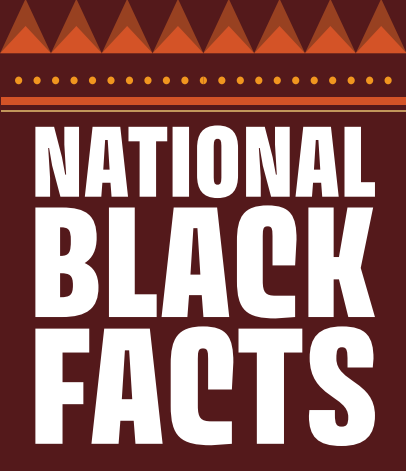With all this unrest about cops and calls in some cities to defund them, it might interest you to know that New York City’s first black cop came from – where else? – New Bern, North Carolina.
And one of the earliest Brooklyn African American cops, who would serve as his mentor, was born just a stone’s throw down US 70 in Kinston. I mean, if you’ve got an incredibly good throwing arm.
Our New Bern cop\carried the fierce name of Samuel James Battle – “Sam Battle.” Sounds like a character Dashiell Hammett could have used as a partner with Sam Spaid in a private eye novel.
Battle started setting records the day he was born, on January 18, 1883, when he was the largest baby born in North Carolina to that date at 16 pounds. He would eventually grow to 6-feet-three and 280 pounds. That wasn’t a record I suppose, but it was still impressive.
He was the son of a Methodist minister, according to Blackpast.org – but, as any Methodist minister’s son can tell you (and I am one of those, so let me tell you), being a preacher’s kid doesn’t make you a saint.
As a teen, working for a guy named R. H. Smith, Battle robbed the safe. Smith caught him but, because he was a friend of Battle’s father, he didn’t press charges. He did, however, predict the boy would occupy a jail cell before a year was out.
It must have been one of those life-changing sparks, like the thief in Les Miserables who is forgiven by a priest for robbing a church (except that the priest was totally forgiving and not snarky), for Battle decided he would prove his boss wrong.
He moved to Connecticut and then to New York City in 1901 where he became a houseboy at the Sagamore Hotel.
By now he had a family and he started fishing around for a job that would better support it. It occurred to him that he his brother-in-law, Kinston-born Moses Cobb, was a police officer. Cobb had been hired by the Brooklyn police in 1892. He had been one of the first, but not THE first, blacks hired by the city. The NYPD had never hired a black man, but on January 1, 1898, under police commission president Teddy Roosevelt (maybe you’ve heard of him?), the city expanded to include Brooklyn and the NYPD got Cobb and his fellow blacks by default.
Battle decided to try out for the job and finished 119th out of 638 applicants on the police force.
On June 28, 1911, when he was 28, he became the first officially-hired black officer on the city’s force. His first beat was San Juan Hill, at that time the center of black life in the Big Apple. When blacks began filling up Harlem after World War I, he was reassigned there.
By this time Cobb had been on the force for 19 years and so he was a natural mentor to Battle, helping him to prepare for the entrance test and showing him the ropes of life on the force.
Battle wasn’t done achieving firsts. He became the first black sergeant in 1926, the first black lieutenant in 1935, and the first black parole commissioner in 1941.
These were all things he could never have achieved in Jim Crow-immersed North Carolina. But if his life was a bed of roses in comparison, it was a rose bed with thorns. The North may not have had Jim Crow, but bigotry was alive and well. White civilians showed up in Harlem just to watch him work and to harangue him; some white officers refused to speak to him. According to Blackpast.org, he once found a note on his bunk with “racially charged and threatening language” and a bullet-sized hole cut into it.
But many officers realized he could be very useful as well – you don’t’ become a lieutenant or commissioner if someone out there doesn’t respect you – and in 1935, Mayor Fiorello LaGuardia called him in specifically to help defuse the city’s first race riot of the 20th century.
Battle had an incredibly long career, retiring from the NYPD after 40 years in 1951. He lived out the rest of his life in the city, dying on August 7, 1966. In 2009 New York City honored him by naming the intersection of 135th Street and Lenox Avenue the Samuel J. Battle Plaza.
Next week we’ll look at the life of Moses Cobb.
A special shout-out to Steve Eudy, who drew my attention to Mr. Battle’s story.

